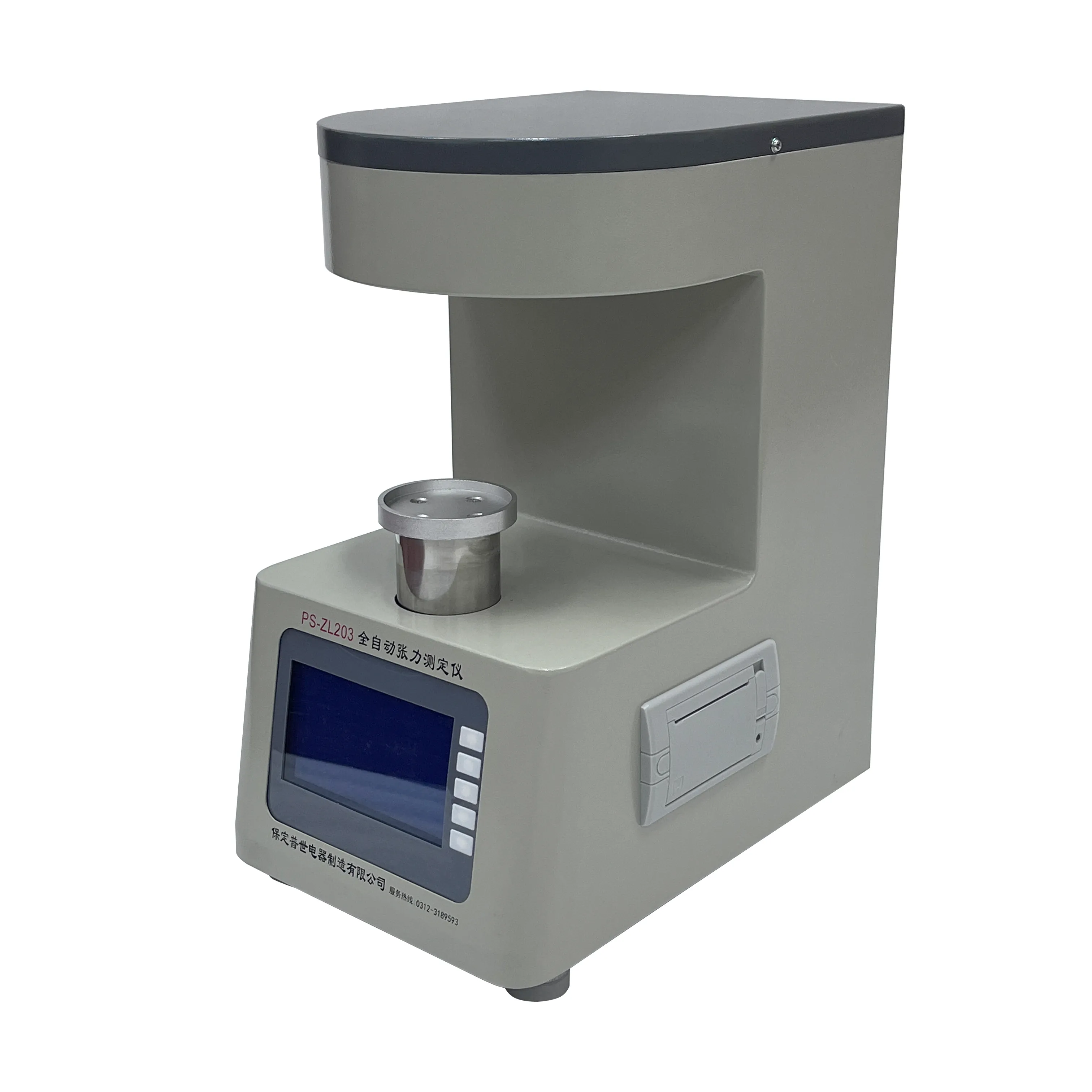 English
English



-
 Afrikaans
Afrikaans -
 Albanian
Albanian -
 Amharic
Amharic -
 Arabic
Arabic -
 Armenian
Armenian -
 Azerbaijani
Azerbaijani -
 Basque
Basque -
 Belarusian
Belarusian -
 Bengali
Bengali -
 Bosnian
Bosnian -
 Bulgarian
Bulgarian -
 Catalan
Catalan -
 Cebuano
Cebuano -
 China
China -
 China (Taiwan)
China (Taiwan) -
 Corsican
Corsican -
 Croatian
Croatian -
 Czech
Czech -
 Danish
Danish -
 Dutch
Dutch -
 English
English -
 Esperanto
Esperanto -
 Estonian
Estonian -
 Finnish
Finnish -
 French
French -
 Frisian
Frisian -
 Galician
Galician -
 Georgian
Georgian -
 German
German -
 Greek
Greek -
 Gujarati
Gujarati -
 Haitian Creole
Haitian Creole -
 hausa
hausa -
 hawaiian
hawaiian -
 Hebrew
Hebrew -
 Hindi
Hindi -
 Miao
Miao -
 Hungarian
Hungarian -
 Icelandic
Icelandic -
 igbo
igbo -
 Indonesian
Indonesian -
 irish
irish -
 Italian
Italian -
 Japanese
Japanese -
 Javanese
Javanese -
 Kannada
Kannada -
 kazakh
kazakh -
 Khmer
Khmer -
 Rwandese
Rwandese -
 Korean
Korean -
 Kurdish
Kurdish -
 Kyrgyz
Kyrgyz -
 Lao
Lao -
 Latin
Latin -
 Latvian
Latvian -
 Lithuanian
Lithuanian -
 Luxembourgish
Luxembourgish -
 Macedonian
Macedonian -
 Malgashi
Malgashi -
 Malay
Malay -
 Malayalam
Malayalam -
 Maltese
Maltese -
 Maori
Maori -
 Marathi
Marathi -
 Mongolian
Mongolian -
 Myanmar
Myanmar -
 Nepali
Nepali -
 Norwegian
Norwegian -
 Norwegian
Norwegian -
 Occitan
Occitan -
 Pashto
Pashto -
 Persian
Persian -
 Polish
Polish -
 Portuguese
Portuguese -
 Punjabi
Punjabi -
 Romanian
Romanian -
 Russian
Russian -
 Samoan
Samoan -
 Scottish Gaelic
Scottish Gaelic -
 Serbian
Serbian -
 Sesotho
Sesotho -
 Shona
Shona -
 Sindhi
Sindhi -
 Sinhala
Sinhala -
 Slovak
Slovak -
 Slovenian
Slovenian -
 Somali
Somali -
 Spanish
Spanish -
 Sundanese
Sundanese -
 Swahili
Swahili -
 Swedish
Swedish -
 Tagalog
Tagalog -
 Tajik
Tajik -
 Tamil
Tamil -
 Tatar
Tatar -
 Telugu
Telugu -
 Thai
Thai -
 Turkish
Turkish -
 Turkmen
Turkmen -
 Ukrainian
Ukrainian -
 Urdu
Urdu -
 Uighur
Uighur -
 Uzbek
Uzbek -
 Vietnamese
Vietnamese -
 Welsh
Welsh -
 Bantu
Bantu -
 Yiddish
Yiddish -
 Yoruba
Yoruba -
 Zulu
Zulu
Exploring GC-MS Techniques for Effective Analysis in Environmental and Pharmaceutical Research
Understanding GC-MS Chromatography A Powerful Analytical Tool
Gas chromatography-mass spectrometry (GC-MS) is a highly versatile and powerful analytical technique that combines the features of gas chromatography and mass spectrometry to identify and quantify compounds in a sample. This method is widely used in various fields including environmental analysis, pharmaceutical research, food safety, and forensic science, due to its sensitivity, selectivity, and efficiency.
At its core, gas chromatography (GC) is a technique that separates volatile compounds in a mixture. In GC, a sample is vaporized and injected into a chromatographic column which is typically packed with a stationary phase. As the sample vapor travels through the column, the different components interact with the stationary phase at varying degrees, causing them to separate based on their chemical properties such as boiling points and affinities for the stationary phase. The separated compounds exit the column at different times, known as retention times, which can be monitored and recorded.
Once the compounds are separated, they are sent to the mass spectrometer (MS) for detection and analysis. Mass spectrometry is a technique that identifies compounds based on their mass-to-charge ratio. In the MS, the separated compounds are ionized to produce charged particles (ions). These ions are then sorted by a mass analyzer, which measures their mass and relative abundance. A mass spectrum is generated, providing detailed information about the molecular weight and structure of the analytes.
Understanding GC-MS Chromatography A Powerful Analytical Tool
GC-MS has found numerous applications across various industries. In environmental monitoring, it is used to detect pollutants and hazardous substances in air, water, and soil samples. For instance, scientists can analyze the presence of pesticides in agricultural runoff or trace organic compounds in groundwater, contributing to environmental protection efforts.
gc ms chromatography

In the pharmaceutical sector, GC-MS plays a crucial role in drug development and quality control, allowing for the identification of active pharmaceutical ingredients and their breakdown products. It ensures that medications meet regulatory standards by assessing the purity and potency of drugs.
The food industry also benefits from GC-MS, as it can detect contaminants, additives, and flavor compounds in food products. By ensuring food safety, this technique helps to protect public health and maintain consumer trust. For example, it can identify harmful substances like mycotoxins or verify the authenticity of flavors in various food items.
In forensic science, GC-MS is indispensable for analyzing biological fluids and tissues to detect drugs, toxins, and other substances relevant to criminal investigations. Its ability to provide precise results with low detection limits makes it a go-to method for toxicology screening and forensic analysis.
However, while GC-MS has many advantages, it also has limitations. One significant constraint is that it is primarily applicable to volatile and thermally stable compounds. Non-volatile or thermally labile substances may require different methods of extraction and analysis.
In conclusion, gas chromatography-mass spectrometry (GC-MS) is a formidable analytical technique that plays an essential role across various scientific disciplines. Its ability to provide detailed information about the identity and quantity of compounds within complex mixtures underscores its importance in research, industry, and law enforcement. As technology continues to advance, the capabilities and applications of GC-MS are likely to expand even further, continuing to contribute to a deeper understanding of the chemical world around us.
-
Ensuring SF₆ Gas Safety: Introducing PUSH’s Integrated SF₆ Analyzer for Dew Point, Purity, and Decomposition MonitoringNewsJul.10,2025
-
Exploring the Main Types of Industrial Endoscopes and Their Applications Across IndustriesNewsJul.04,2025
-
Testing Equipment Industry Sees Major Advancements in 2025: Smart & Precision Technologies Lead the WayNewsJun.06,2025
-
Applications of Direct Current Generators in Renewable Energy SystemsNewsJun.05,2025
-
Hipot Tester Calibration and Accuracy GuidelinesNewsJun.05,2025
-
Digital Circuit Breaker Analyzer Features and BenefitsNewsJun.05,2025



